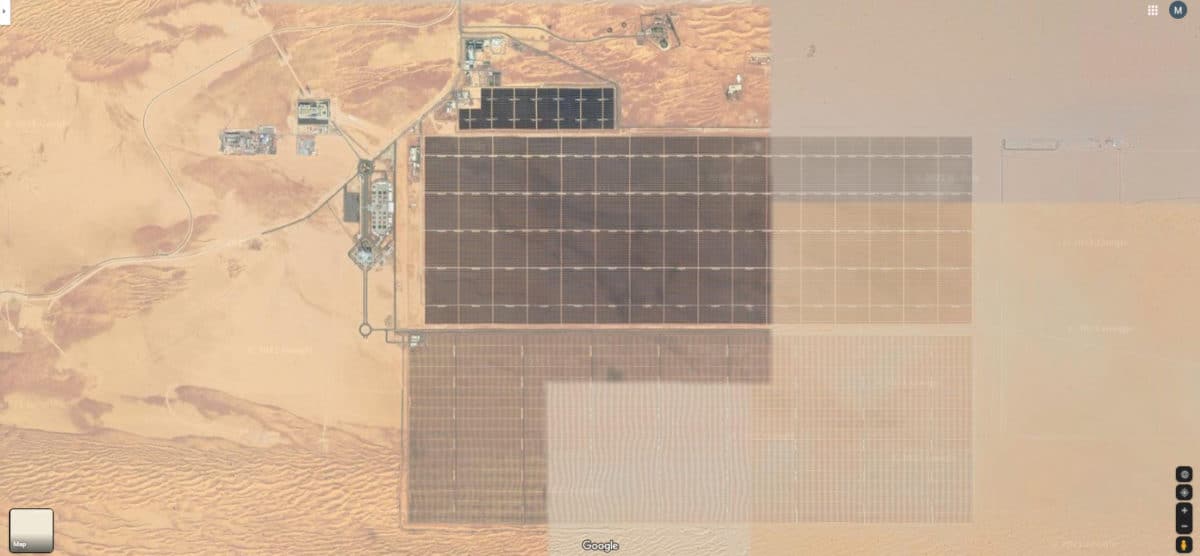Dubai Electricity and Water Authority (DEWA) has claimed to have reduced the error margin in its short-term solar module output forecasting to less than 10% as the result of collaboration with Stanford University.
The government department said it had drawn upon technology deployed as part of DEWA's Space-D program, including satellite camera imaging, to tighten the performance of forecasting associated with the nation's mammoth Mohammed bin Rashid Al Maktoum solar park, which is set to have a 5 GW solar generation capacity at the end of the decade.
An announcement on DEWA's website on Thursday said the utility had worked with Stanford as part of the U.S. university's ‘Energy 3.0' clean power program to improve predictions related to irradiance, dust and cloud movements and drawing upon a network of meteorological stations as well as artificial intelligence and deep learning technology.
Referring to staff based at DEWA's research and development center at the solar park site, the authority's vice-president for research and development, Saif Saeed Almheiri, said: “The R&D Centre supports DEWA’s efforts to overcome challenges in the energy sector when generating electricity from solar, and clean energy. This supports the center’s goals to become a global platform for promising solutions that enrich the scientific community in the UAE and the world. It also helps us strengthen the skills and knowledge of Emirati researchers to maintain DEWA’s position at the forefront of utilities worldwide.”
DEWA's space program aims to use space technology to enhance its electricity and water networks.
This content is protected by copyright and may not be reused. If you want to cooperate with us and would like to reuse some of our content, please contact: editors@pv-magazine.com.




2 comments
By submitting this form you agree to pv magazine using your data for the purposes of publishing your comment.
Your personal data will only be disclosed or otherwise transmitted to third parties for the purposes of spam filtering or if this is necessary for technical maintenance of the website. Any other transfer to third parties will not take place unless this is justified on the basis of applicable data protection regulations or if pv magazine is legally obliged to do so.
You may revoke this consent at any time with effect for the future, in which case your personal data will be deleted immediately. Otherwise, your data will be deleted if pv magazine has processed your request or the purpose of data storage is fulfilled.
Further information on data privacy can be found in our Data Protection Policy.